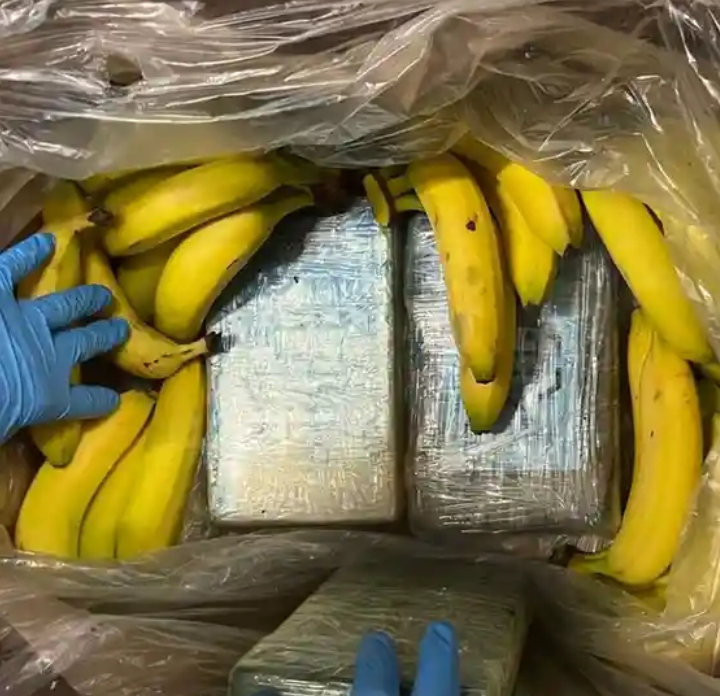Germany is seeing a rise in cocaine use, with offenses up by nearly 5% in 2024. The international drug trade is shifting to Europe, and concerns are growing over heroin being mixed with synthetic opioids. BKA head Holger Münch criticized the partial cannabis legalization, saying it won't curb the black market and complicates law enforcement. The new government plans to review the law in 2025.
Germany: Police Chief Warns of Rising Cocaine Use and Drug Trade Shifts


Germany is currently experiencing a significant "cocaine surge," which reflects a broader uptick in the use of hard drugs, according to the head of the Federal Criminal Police Office (BKA).
“Cocaine is spreading rapidly in Germany,” said Holger Münch, as quoted in an article published by the RND news network on Tuesday.
Münch explained that the international drug trade is increasingly focusing on Europe, as the North American market has become saturated.
Referencing Germany’s 2024 crime statistics, cited by the DPA news agency, he noted that cocaine-related offenses in the country rose by nearly 5% over the past year.
Additionally, Münch raised concerns about evolving trends in the global heroin market. These changes are largely driven by a recent opium ban implemented by Afghanistan’s new Taliban-led government.
“This has resulted in a shortage, increasing the likelihood that heroin will be adulterated with synthetic opioids, which significantly heightens the risk for users,” Münch warned. He pointed to the serious issues posed by fentanyl in the United States, even as heroin-related crimes in Germany have seen a decline.
Münch also expressed skepticism regarding the partial legalization of cannabis, a measure introduced by Germany’s outgoing coalition government. Since April, the law permits the cultivation of limited quantities of marijuana for personal use within officially authorized clubs, and allows adults to carry up to 25 grams (just under one ounce) of cannabis in public.
According to Münch, the legalization will not impact the black market. “These so-called cannabis clubs fall far short of meeting the demand,” he remarked, adding that the new law has complicated the work of law enforcement.
“When people can legally carry 25 grams in their pocket, it's more difficult to prove that they're dealing,” he said.
In coalition negotiations, the incoming Christian Democrat (CDU) and Social Democrat (SPD) government has agreed to review the cannabis legalization in autumn 2025. The conservative CDU has signaled its intention to reverse the law entirely.
“The fight against illegal drug dealing must remain at the top of the agenda for the police and the justice system,” Münch insisted.
The CDU won the largest share of the vote in Germany’s February federal election and is poised to lead the new two-party coalition government. Party leader Friedrich Merz is expected to become chancellor in May.

 বাংলা
বাংলা  Spanish
Spanish  Arabic
Arabic  French
French  Chinese
Chinese 
